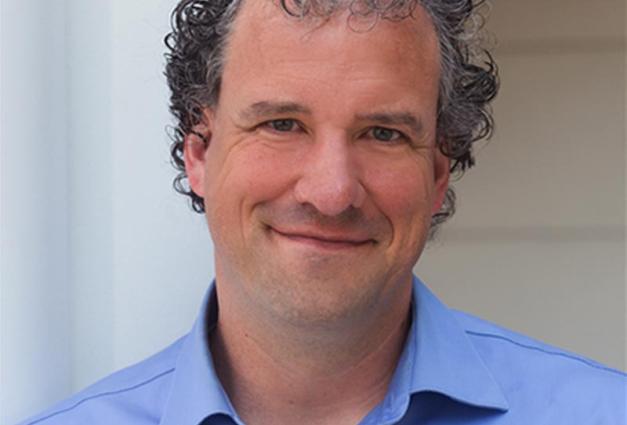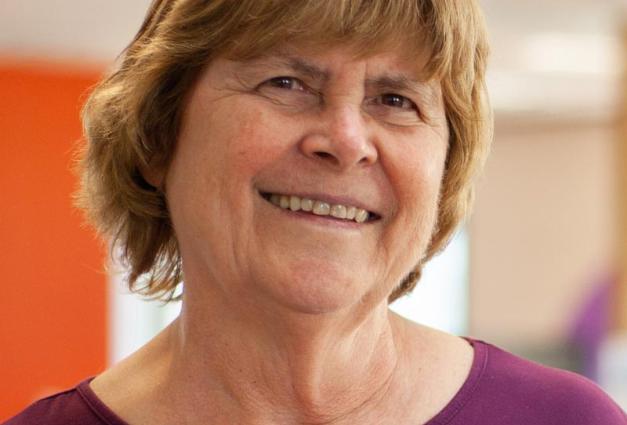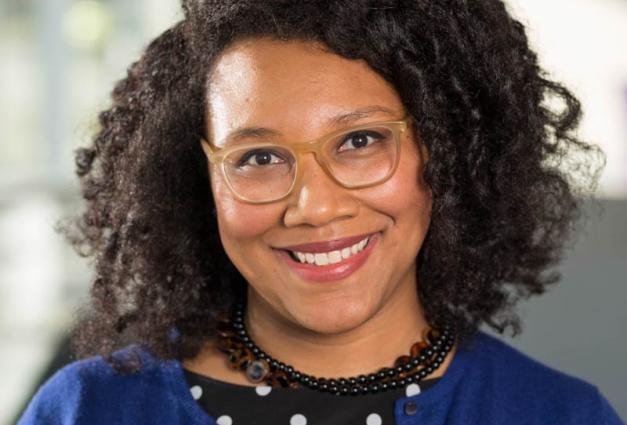Rob Chavez is an assistant professor at the University of Oregon and director of the Computational Social Neuroscience Lab. He studies how information about the self and social cognition are represented in distributed systems within the brain. He received his B.S. in Psychology from the University of New Mexico and Ph.D. in Cognitive Neuroscience from Dartmouth College.
In what ways do you feel your background in personality and social psychology makes the biggest impact in your career?
I like to think of myself as an “applied” personality and social psychologist. My application, however, is directed at the study of the brain. Thus, rather than thinking of neuroscience as a method, I feel like I am the personality and social psychologist on a team of scientists all trying to understand how the brain works. There is so much we don’t know about how social processes are instantiated within our brain, and the biologists aren’t usually asking those questions.
What has been your biggest challenge as a social or personality psychologist?
Psychology is becoming increasingly technical and interdisciplinary. As someone who does interdisciplinary work, it can be hard to keep up with both the latest theories and cutting-edge methods in multiple domains. That said, the fun part is being able to bridge and make fresh connections by mixing methods and ideas across domains to generate new insights.
What are you most proud of in your career?
My bachelor's degree. I went to 1.5 years of community college before transferring to the state university in my hometown. I worked full time throughout my five years of college and paid 100% of my own rent and bills; I’ve never worked harder for anything in my life. Despite getting my PhD from a more ‘elite’ university, I am the proudest of my undergraduate degree.
Do you have a favorite course to teach and why?
I love teaching my large Intro to Psychology course. Because my interests are so broad, I have a lot of genuine enthusiasm for all areas of psychology which helps when you are the gateway to many peoples’ interest in the field. Although some people don’t like big lecture courses, I love the performative aspects of keeping the attention of 500 students at a time. It brings me back to my days of playing bass in a band in front of the crowd.
What career path would you have chosen if you had decided to not pursue psychology?
As a faculty member, I don’t get the chance to get behind the terminal and code as much as I wish I could. I also love working with diverse kinds of data and problems. Although I would still long to answer psychological questions, a career in data science, software engineering, or data visualization would have also kept me busy and happy.




